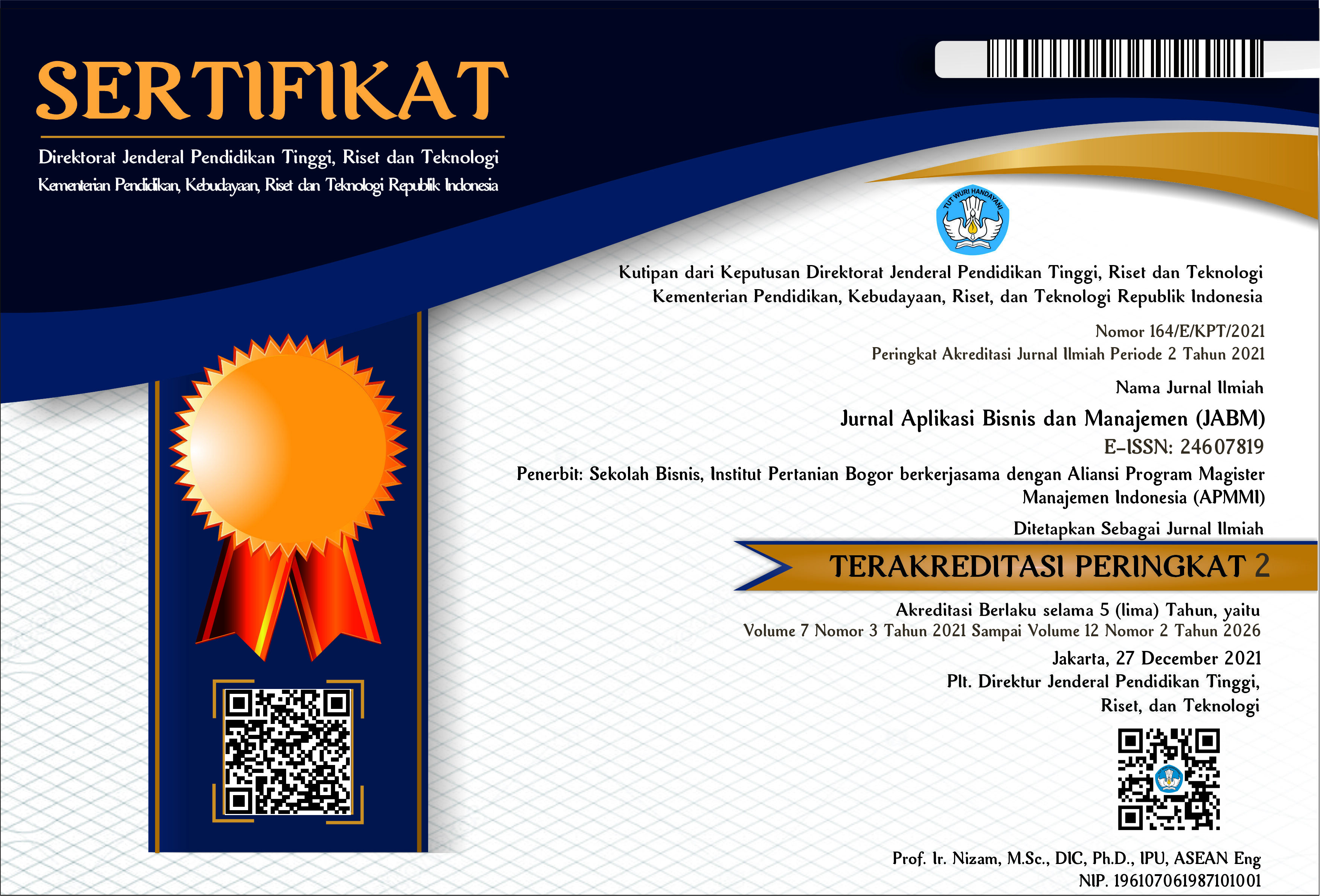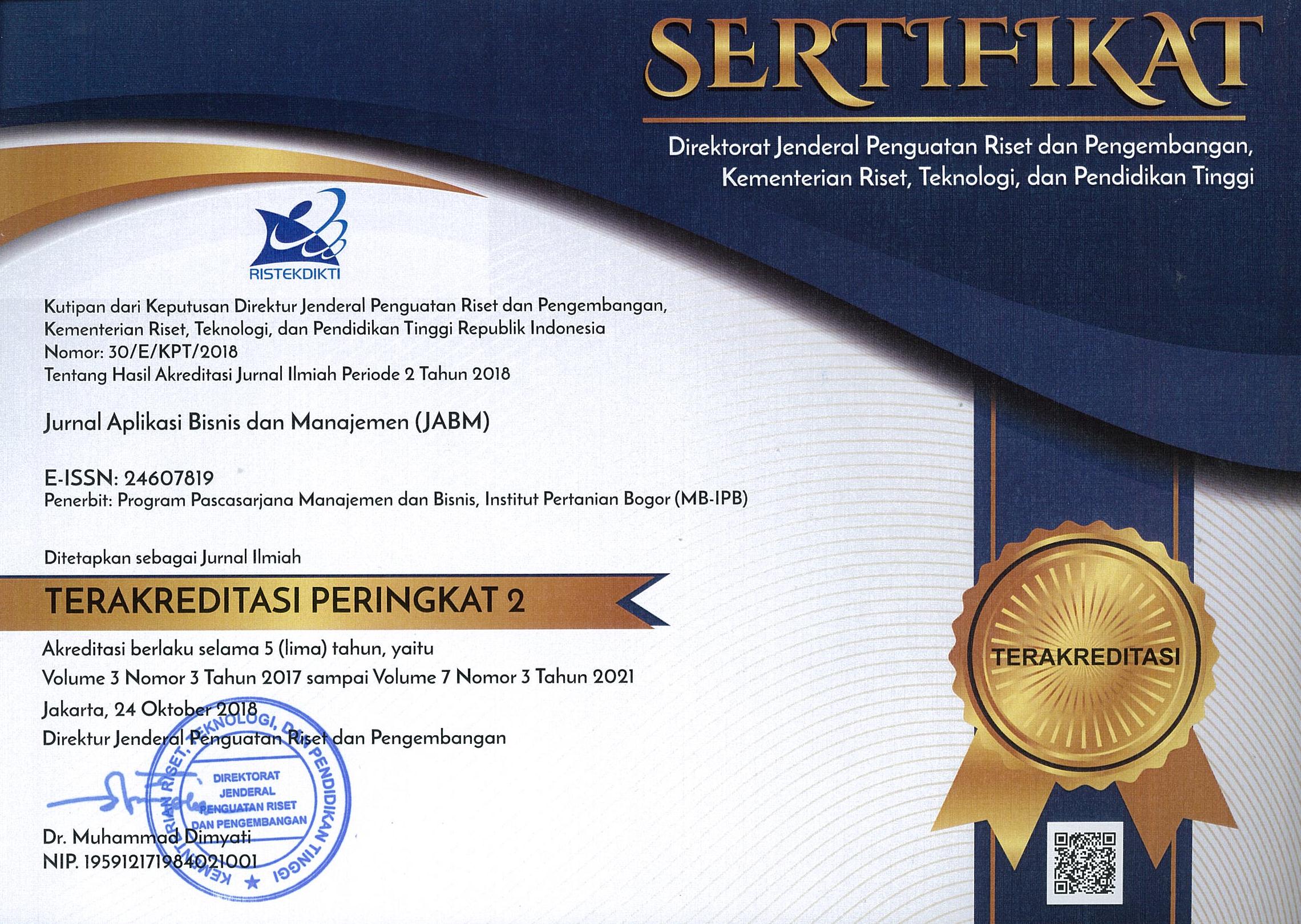Regulatory Impact Assessment: Optimization of The Complete Systematic Land Registration Through The Ministerial Regulation of ATR/BPN Number 6 of 2018
Abstract
Background: Since 2017-2022, the achievement of the PTSL program have been less than optimal due to internal and external factors. From the target of issuing land certificates for 126 million plots in 2025, there is still a shortfall of 50.8 million plots that must be completed within 2 years. In order to accelerate the achievement of the PTSL target, the Ministry of Agrarian Affairs and Spatial Planning/National Land Agency issued the Regulation Number 6 of 2018 on the Complete Systematic Land Registration (PTSL).
Purpose: This research aims to analyze the optimization of the complete systematic land registration implementation through the Ministerial Regulation of ATR/BPN Number 6/2018.
Design/methodology/approach: The research was conducted qualitatively using Regulatory Impact Assessment (RIA).
Findings/Result: The research results indicated that the regulation had increased the optimization of accelerating the achievement of PTSL target. However, the regulation required managerial regulation reinforcement at the operational level to better optimize the acceleration and sustainability of the PTSL target achievement.
Conclusion: First, the Ministerial Regulation of ATR/BPN Number 6/2018 has been effective to optimize the complete systematic land registration performance. Second, by revoking Ministerial Regulation of ATR/BPN Number 6/2018, the policy option "continuing Ministerial Regulation of ATR/BPN No 6/2018" is considered the best. However, this policy option requires strengthening of technical regulations underneath it in the form of technical guidelines (Juknis) to update the strategy for implementing outreach activities (socialization), developing coordination mechanisms among stakeholders, managing human resources, and monitoring and evaluating PTSL target achievements.
Keywords: cost-benefit, optimal, performance, PTSL, RIA







